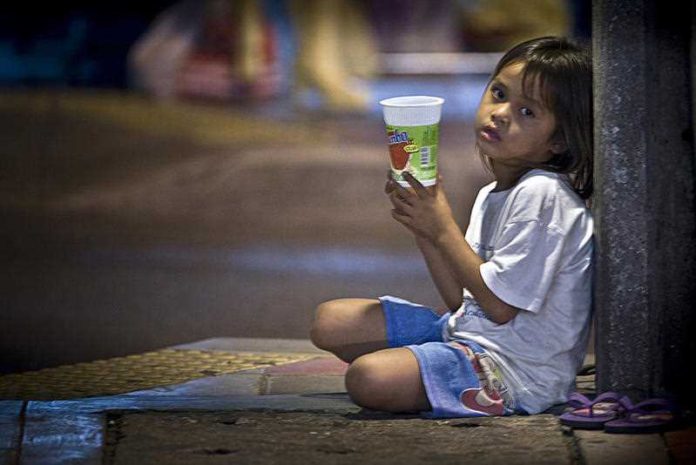Things in Thailand you are WRONG about
#Thailand calls itself the #LandofSmiles, but it can also be the land of misunderstanding, misconception, fake and fraud.
Whilst it is true that not everybody in Thailand is determined to scam and rob you. It is also not true that everything is cheap, friendly and relaxed.
In fact, as a wise man once said, the only way to tell if it is getting cold in Thailand, is when the Thais have their hands in their own pockets.
Here are a few other things you are wrong about in Thailand;
Giving money to street kids is helping them
It is very tempting to give money to grubby street urchins and beggars, especially young kids selling flowers or candy. But it is always a bad idea.
Usually they are victims of human trafficking and are not the poor offspring of the scruffy, pleading adult who has them firmly by the neck.
They are often imported from Cambodia, Laos or even northern Thailand, to roam the southern cities pleading for cash from the caring tourist.
They don't see this cash, or the benefits of it. They are forced to hand it over to their 'Fagin' as soon as you are out of sight.
That's if they are lucky. Often they have the crap beaten out of them by older, stronger street boys and the money is stolen anyway. Which earns them another beating when Fagin returns.
Just don't do it, you are not helping anybody here except the traffickers.
Harsh as it sounds, without your small change the so-called industry dries up and kids around South East Asia will stop going missing.
The ice will kill you
People in Thailand do not drink the tap water. And nor do they make ice with it. So there is no need to spend your holiday drinking warm whiskey or gin.
Even if you are in a small, family shop house, they do not use tap water for their ice.
Because their own families use that same ice bucket too.
But if you are still concerned about your ice then make sure you only use the cubes with the holes in the middle.
These come from the ice making factory, and not the nearest freezer box. And the factory only use filtered water, obviously.
Otherwise everybody would be in hospital.
Everyone is out to scam you
Thailand has its scam artists. And when the latest Bangkok tuk-tuk driver has tried to get you into a suit shop or tells you the Grand Palace is closed, it certainly can feel like their sole intention is to rob you bandy.
But if you head out of the major tourist zones and arm yourself with some research on the most popular scams to avoid, (see below) you'll find most Thais are a incredibly decent people.
This is particularly true in less-traveled regions such as Isaan, in Thailand's northeast
There are even many decent people in towns like Pattaya and Phuket although, to be fair, they can be hard to find sometimes.
All solo male travelers are sex tourists
If you are a man and traveling alone, then don't be surprised if people assume you are only in Thailand for the cheap and easy sex.
Even if you stay away from the Entertainment Zones, you will still find yourself being propositioned by prostitutes and ladyboys.
But the truth is that western men come to Thailand for a wide range of reasons and most of those reasons have nothing to do with the hookers.
You can always buy your way out of trouble
It is often said that Thai police officers will accept a hand full of cash to look the other way.
But the Keystone Cops are always on the lookout for foreigners involved in the drugs trade.
It's not so easy to buy your way out of that sort of problem.
Mainly because the cops know the confiscated drugs are worth more to them than the cash you have in your pocket anyway.
Everybody knows drugs are illegal in Thailand and the penalties for any involvement at all are severe.
So, get involved in drugs and expect a very long time in the Bangkok Hilton, whilst somebody else enjoys the profits of all your hard work and risk.
As they say in Thailand – Som Nam Na – It's serves you right.
Just don't do it. Everybody is a police informer unless they are very well paid. (By you)
So you can buy you way out of trouble in Thailand, but that does depend on how much the trouble you are in is worth.







.jpg.640534fa72e6914a99ac655aed4be1b1.jpg)



